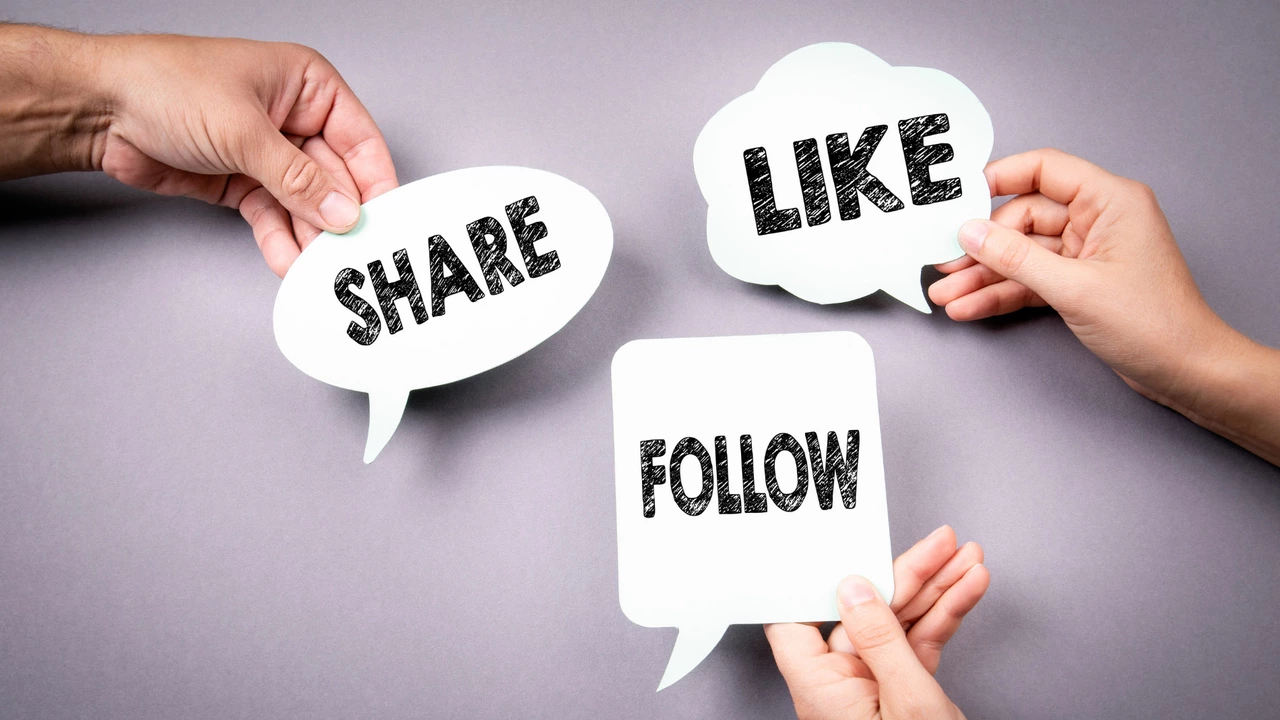Friendship issues: practical ways to fix problems and protect yourself
Friendship issues sneak up on you. One day you’re close, the next you feel ignored, hurt, or drained. That confusion is normal, but you don’t have to stay stuck. Here are clear, useful steps to understand what’s going wrong and what you can do about it.
Common friendship problems and how to spot them
People drift apart when life changes—jobs, moves, partners, or new priorities. That’s not always a problem, but it becomes one when communication stops. Other common issues are unmet expectations (you expect support, they don’t show up), repeated hurtful behavior, jealousy, and unbalanced effort where you do all the giving. Watch for patterns: missed plans, one-word texts, or always being last on their list. Those signs tell you the relationship needs attention.
Also notice how you feel after contact. Do you feel energized or exhausted? If conversations leave you anxious, dismissed, or guilty, that’s a red flag. Emotions are good data—don’t ignore them.
How to handle friendship issues without drama
Start small. Before accusing or cutting someone off, try a short, honest check-in. Use I-statements: say “I felt hurt when…” instead of “You always….” That keeps the talk focused and easier for the other person to hear. Pick a calm time, not after a big fight or while you’re distracted. Say what you need, not what you think they should feel.
If the person listens and changes, reward that with gratitude. Behavior that’s noticed tends to repeat. But if they dismiss you or gaslight you—telling you you’re too sensitive—protect yourself. Reduce contact, create space, and decide what you can realistically expect from them.
Set clear boundaries. Boundaries are not punishments; they’re rules you set to keep yourself safe. Examples: no late-night calls about drama, no borrowing money, or not discussing certain topics. State them plainly: “I can’t talk about X. If it comes up I’ll leave.” Consistency makes boundaries effective.
Repair looks like responsibility. If you hurt a friend, say sorry, explain what you’ll do differently, and follow through. If the friend hurt you, accept that repair needs time and repeated effort. Trust rebuilds slowly—watch actions more than promises.
Sometimes a friendship can’t be repaired. That’s okay. Letting go is not failing; it’s choosing relationships that match who you are now. Grieve the loss, keep the lesson, and open space for friendships that give you energy.
If you’re unsure about what to do, talk to a neutral person—a family member, counselor, or another trusted friend. Fresh perspective helps you see patterns and make choices that protect your well-being.
Friendship issues are normal, fixable, and meaningful. With clear talk, fair boundaries, and honest choices, you’ll either heal the bond or make room for healthier ones.
Why doesn't my best friend like my posts on social media?
Feeling confused because your best friend doesn't like your posts on social media? There could be several reasons for this. They might not see your posts due to the platform's algorithm, or they could be taking a break from social media altogether. It's also possible they simply missed your posts in the endless stream of online content. At the end of the day, it's essential to remember that social media likes don't define the depth or quality of your real-life relationships.

 Cricket
Cricket